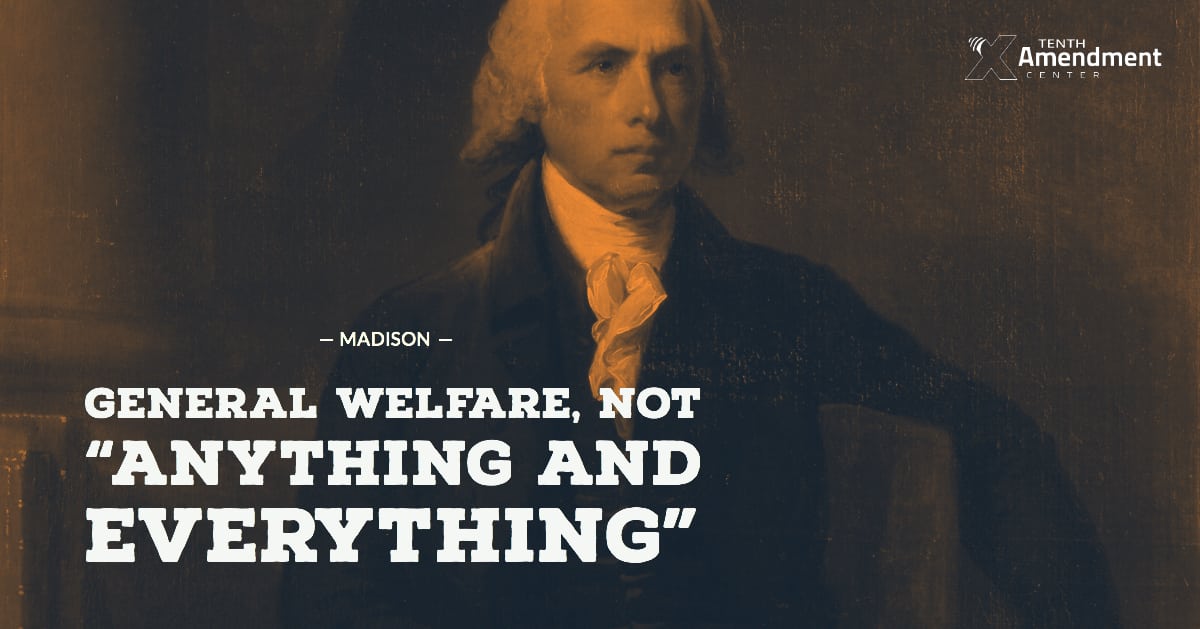MadChemist
Platinum Member
- Sep 11, 2017
- 3,750
- 2,316
- 940
National Emergency
All bets are off
My state just closed the schools, restaurants, bars, movies, gyms
And why are the bets off ?
All a president has to do is declare national emergency and our whole system of government is set aside ?
Does not seem correct to me.

